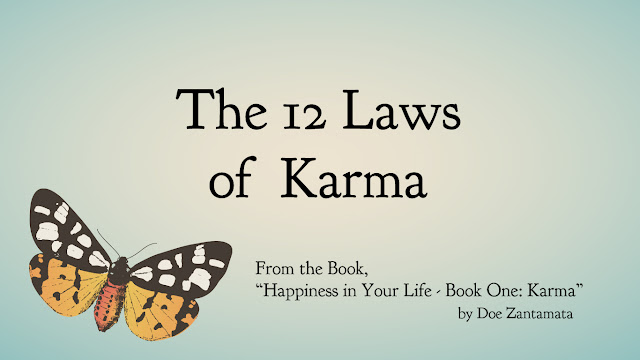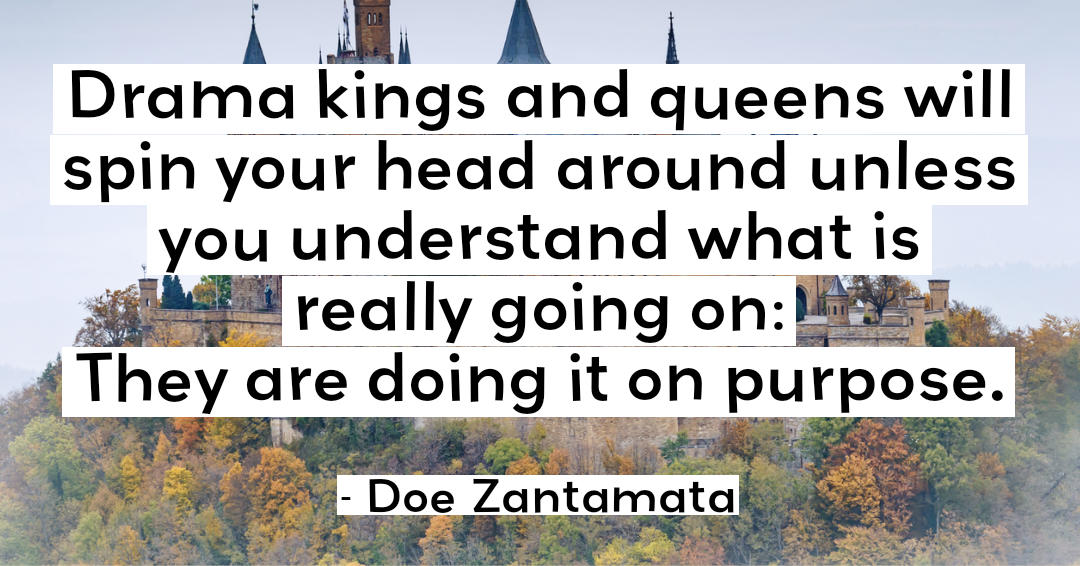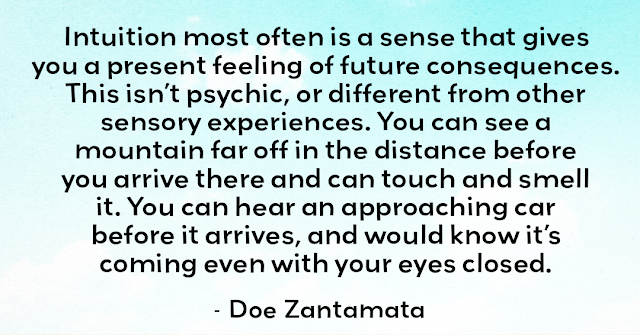Forgiveness Versus Trusting Someone Who Lies a Lot Again
Forgiveness is about the past and only the past.
Forgiveness is letting go of resentment towards a person or event. But if you have forgiven someone, it doesn’t mean that everything in the present is as it was before. If trust has been broken, that trust needs to be repaired. You’re not an unforgiving person if you don’t automatically trust someone after they’ve broken your trust. That’s putting blame on the wrong person and them refusing to accept responsibility for their own choices.
An apology doesn’t come with an eraser.
Forgiveness doesn’t mean memory loss.
Once the house of trust is broken, it has to be rebuilt. Things aren’t the way they were before, and they may not be for some time. If the person who wasn’t truthful isn’t willing to be patient and open to rebuild broken trust, then it may not be possible to rebuild.
This is particularly important when dealing with people who are addicted to drugs or alcohol. In these cases, it’s better to say “people who” and the lying behavior rather than labeling them as liars. Lying is part of addiction. In physical withdrawal, it feels like life or death to not have drugs or alcohol and the person who is addicted would likely say or do anything in that moment to get the money, drugs, alcohol so that they no longer feel like they’re going to die. It’s not about lying for the sake of lying, but as part of the real problem, the addiction.
With your best efforts and patience, you may be able to help them some, but only they can fix themselves.
If it’s turning you into a nervous wreck then even though you’d love to help, you may have to set that ideal down and take care of yourself by creating some distance. It just may be that distance becomes the signal to them that they need to change if they want to keep a great person around.
Whether addiction is the cause, or pathological lying, physically/mentally/emotionally abusive, or cheating, all of these behaviors are often chronic rollercoasters in relationships.
These behaviors are symptoms of deep pain.
You can see a good person inside them in glimpses, and you so want to trust them and help them get through so you believe them again, and again, and again.
Then when it comes out they’ve done it yet again, this is going to throw off your whole perception of and trust in yourself as a good decision maker. They LOOKED so remorseful! They had genuine emotion in their eyes and practically BEGGED for another chance! They PROMISED!
Now, if you think to what’s common of all of those behaviors, it’s not really truth versus lies, but control versus no control.
They want to control the truth that they have (ie, the whole truth), and the truth they want you and others to see (ie, partial truths).
What you were actually seeing when you threatened to leave was not their genuine remorse, but their genuine fear of loss of control.
In that moment, they would say anything to prevent losing that control over you.
But then if you agree to stay, that moment passes.
The threat is gone.
Worse yet, after that moment passes, they will resent you for “making them” feel the fear of loss of control and for threatening their perceived stability.
They may even become determined to get back at you for hurting them and for having power and control over them with “your threat” to leave.
You believe you are staying for them and to give them a chance, but they believe you are awful to them for threatening their security and you are trying to control them with your threats.
If this is the case, you’ll be able to recognize it.
They will become paranoid and go on the offensive towards you, but believe they’re acting defensively. They won’t make any efforts to actually follow through with any of their revelation moment promises, and they will become annoyed and angry with you if you dare even ask them about those unfulfilled promises.
If a person believes they should not have to do anything differently or be more transparent until your trust is rebuilt, you’ll be at a roadblock.
The ball is not in your court to accept the consequences of their actions.
If you try to pretend everything is fine and they refuse to do anything nor feel they need to, the pattern will repeat. If they pretend not to know what they did wrong or dismiss, diminish, or twist things to divert responsibility, the pattern will repeat. If they show no remorse or the deception went on for a long time until it was found out, the pattern will likely repeat. If they get mad at you and say, “Aren’t you over that yet?” the pattern will repeat. If they throw guilt your way and say, “you’re just like everyone else,” “you said you’d accept me as I am,” “I had no idea you were such an unforgiving person!” “I’m doing my best! (when they are not)” or “you promised you’d never leave,” “you never loved me!” or other attempts at making you feel as though you have to prove something to them, the pattern will repeat.
You are not wrong for not trusting someone to be in your life after you’ve forgiven them if they show no sign of remorse or trying to make amends or accepting responsibility for doing so.
- Doe Zantamata
From the book, "Happiness in Your Life - Book Four: Trust," by Doe Zantamata
Available as a paperback, hardcover, or kindle ebook here: https://amzn.to/3Raa2Pl















Doe, I understand what you mean.I feel sorry for people that are alone and trying to get better.I just want to help them.
ReplyDelete